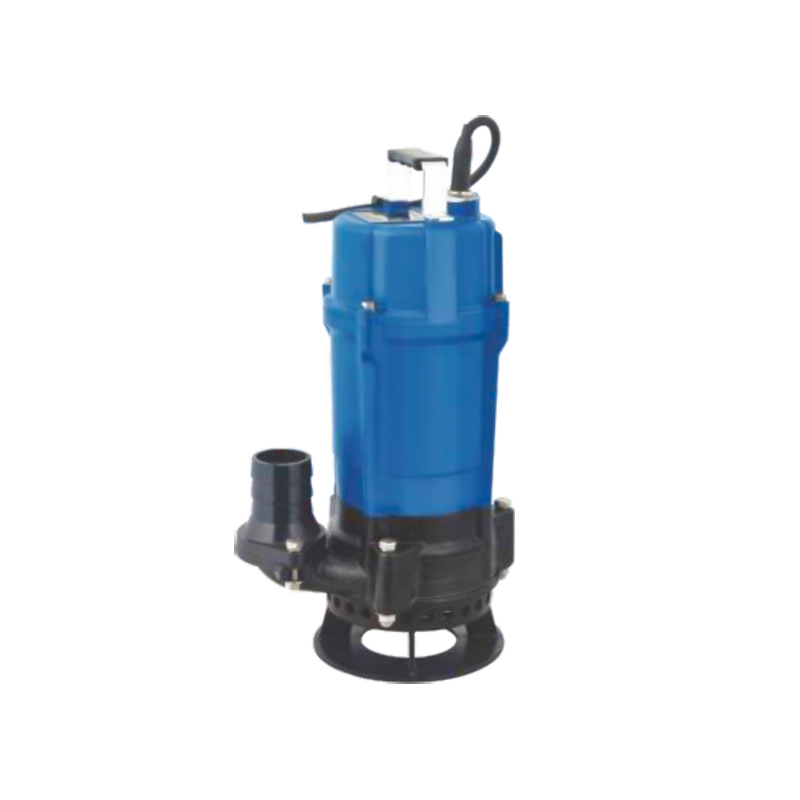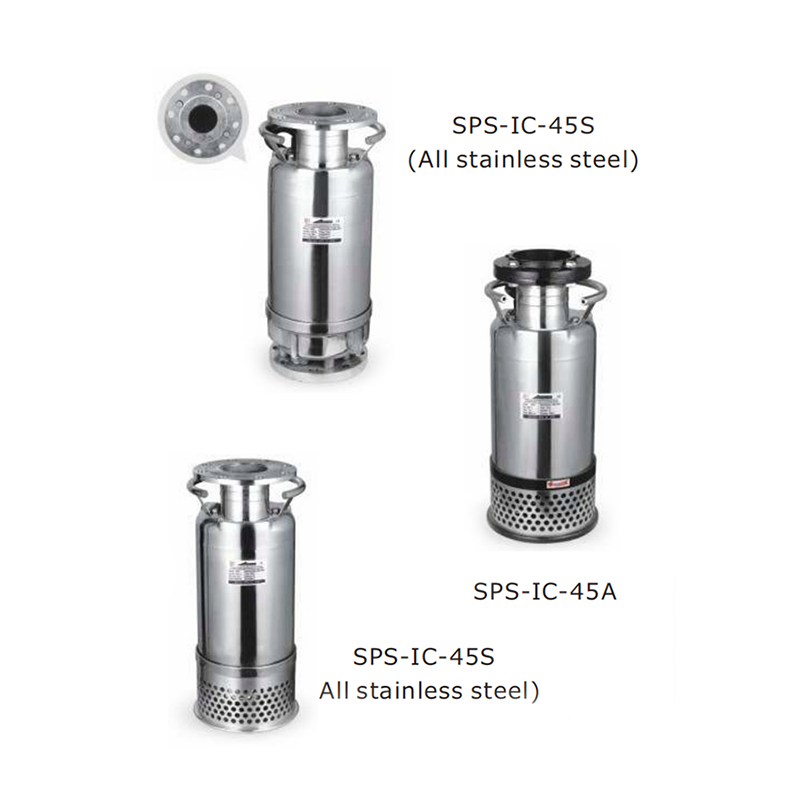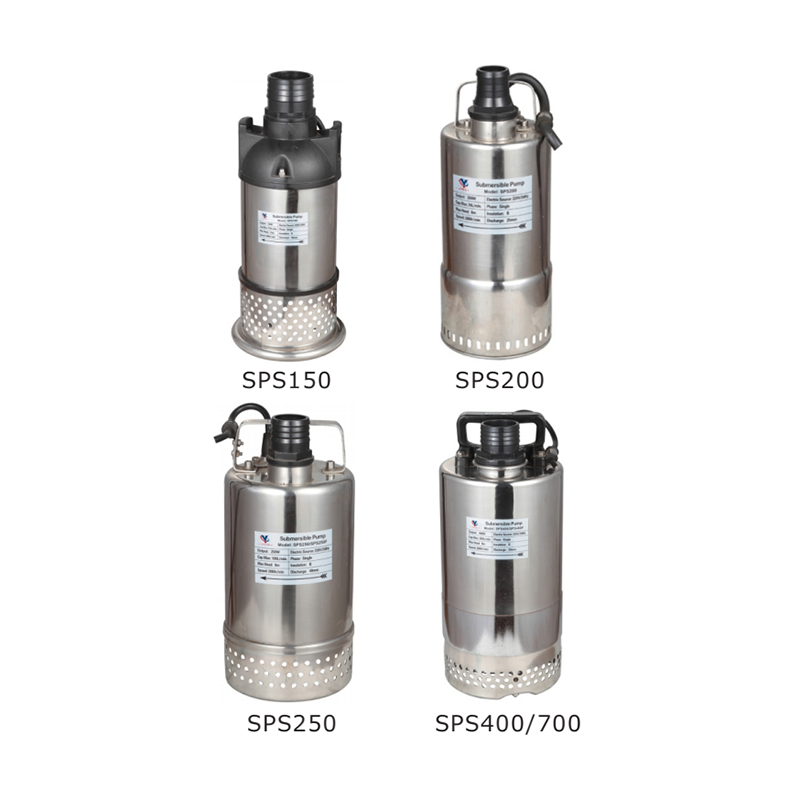The submersible sewage pump has become an indispensable solution for wastewater management across municipal and industrial applications. These specialized pumps are engineered to handle challenging fluids containing solids and fibrous materials while operating fully submerged in demanding environments. With advanced hydraulic designs and robust construction, modern submersible sewage pumps deliver reliable performance in sewage treatment plants, urban drainage systems, and various industrial processes requiring efficient waste fluid transfer.
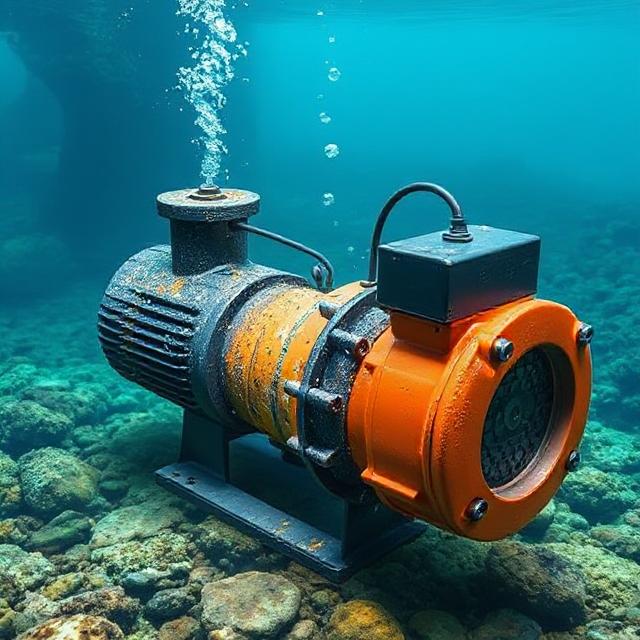 |
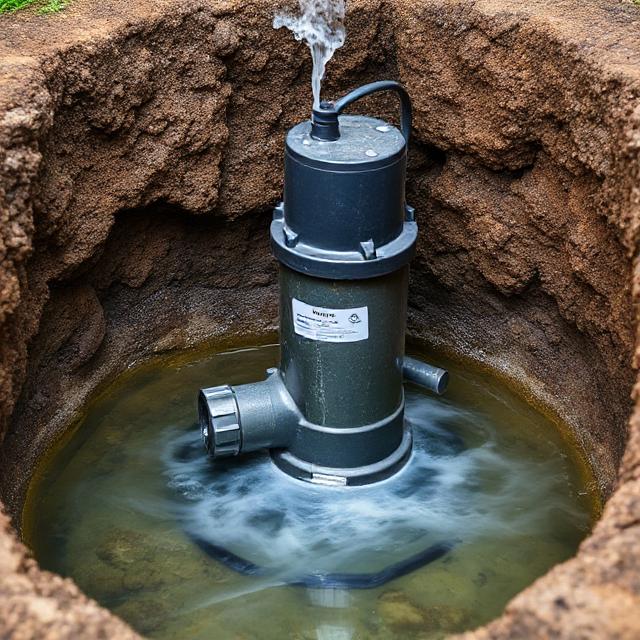 |
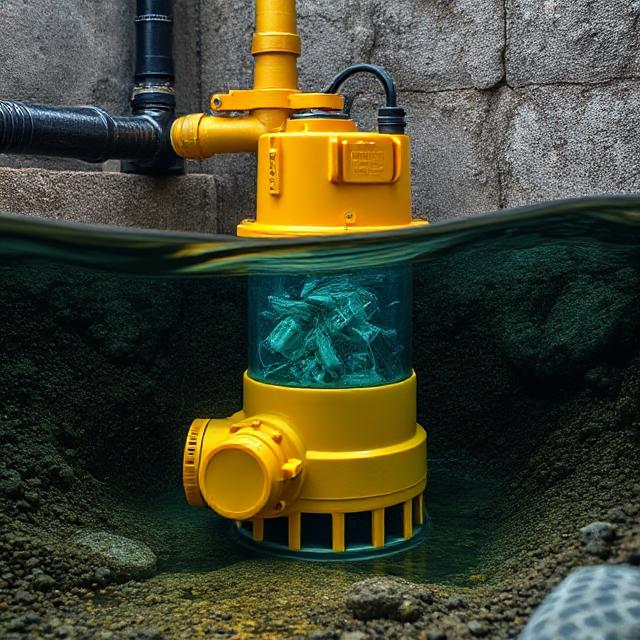 |
Material
Constructed from corrosion-resistant materials such as stainless steel and high-grade cast iron, submersible sewage pumps are built to withstand the harsh conditions of sewage and wastewater environments. Critical components, including impellers and cutting mechanisms, are designed to process solids and prevent clogging, ensuring continuous operation with small downtime. Advanced sealing systems protect the motor from liquid ingress, while abrasion-resistant coatings extend the lifespan of internal parts exposed to abrasive particles in wastewater. These design features make submersible sewage pumps highly durable, reducing maintenance frequency and operational costs in long-term applications.
Advantages
One of the key advantages of submersible sewage pumps is their ability to operate efficiently in fully submerged conditions, eliminating the need for priming and reducing energy consumption. Their compact and self-contained design allows installation in confined spaces such as wet wells, sumps, and underground pits, where traditional pumps would be impractical. Many models incorporate automatic float switches or level sensors, enabling autonomous operation that activates only when necessary, further optimizing energy use. The ability to handle varying fluid viscosities and solid concentrations makes these pumps versatile for different sewage and wastewater scenarios, from residential complexes to large-scale municipal systems.
Applications
Municipal Wastewater Management:In municipal wastewater management, submersible sewage pumps play a crucial role in transporting sewage from collection points to treatment facilities. They are commonly deployed in pumping stations, where their ability to process raw sewage containing debris and organic matter ensures smooth operation of urban drainage networks. The pumps’ sealed construction prevents leaks and odor emissions, maintaining hygienic conditions in densely populated areas. Additionally, their quiet operation makes them suitable for installations near residential zones without causing noise disturbances.
Industry:Industrial applications also benefit significantly from submersible sewage pumps, particularly in sectors requiring the handling of process wastewater containing chemicals, oils, or suspended solids. Food processing plants, paper mills, and chemical facilities rely on these pumps to manage effluent discharge and maintain compliance with environmental regulations. Explosion-proof variants are available for hazardous environments, ensuring safe operation in industries dealing with flammable substances. The pumps’ ability to handle aggressive fluids with small wear makes them a preferred choice for industrial wastewater systems where reliability is critical.
Future advancements in submersible sewage pump technology are expected to focus on energy efficiency, smart monitoring, and enhanced material durability. Emerging designs incorporate IoT-enabled sensors to provide real-time data on performance metrics, allowing predictive maintenance and reducing unexpected failures. Improved impeller and cutter mechanisms are being developed to handle higher solid concentrations with greater efficiency, further small clogging risks. As urbanization and environmental regulations drive the need for more effective wastewater solutions, submersible sewage pumps will continue to evolve, offering smarter, more sustainable options for sewage and industrial fluid management. Their adaptability and reliability ensure they remain a vital component in modern water infrastructure.



 English
English русский
русский عربى
عربى